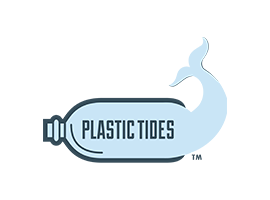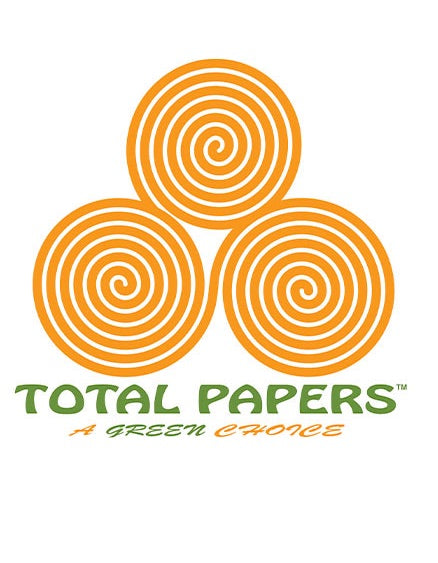Frequently Asked Questions

Why choose Total Papers’ natural unbleached wheat straw paper products?
1. To Save Forests and Reduce Carbon Dioxide Emissions
- It takes 177 cubic feet of wood or more than 30 full grown trees to make 1 ton of wood fiber paper. By making 7,000 tons of wheat straw paper annually, we can save 6,178 acres of forest. For growers the excessed wheat straw is usually burned for convenience, during the process which emits 1.8 tons of CO2 per ton. Instead of burning the straw, we can make 0.5 ton paper pulp out of 1 ton wheat straw with 0 CO2 emission.
2. To Be Chlorine Bleach and Dioxin Free
- Our pulping process does not use any chlorine bleach and does not produce any AOX (absorbable organic halides) such as dioxins, a class A chemical known to cause human cancers.
3. To Save Energy and Water
- Overall, it takes 20 percent less energy and 30 tons less of water to make a ton of wheat straw paper than that of wood fiber paper.
4. Health Reasons
- Total Papers’ natural unbleached wheat straw paper products are toxic-free and food grade compliant according to FDA and AP standards.
Why is Total Papers’ natural paper more eco-friendly than recycled paper?
Paper recycling or making regular wood fiber paper both consumes much more water and energy than turning wheat straw into paper.
When cleaning and whitening recycled paper before turning to paper pulp traces of BPA still exist. Paper recycling still does not address the root cause of deforestation, whereas using wheat straw as a raw material is much more helpful to preserving forest and ecosystems.
Are Total Papers' products compostable?
Yes. Total Papers' products are 100% compostable. Our wheat stalk products can be safely used in all disposal and compostable treatment systems.
What is the difference between biodegradable and compostable?
The primary difference between compostable and biodegradable is that compostable products require a specific setting in order to break down, whereas biodegradable products break down naturally. Typically composting is a faster process, but only under the right conditions. Both of these kinds of products are better for the environment than plastic products that can take hundreds of years to disintegrate.









